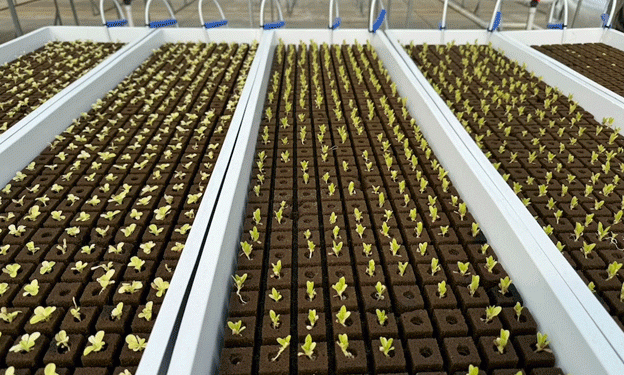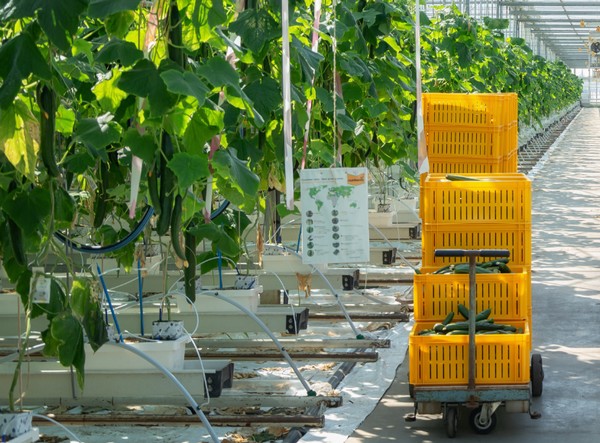Winston-Salem’s $2.5 million investment in a hydroponic farm to address food insecurity has been fraught with problems. Originally scheduled to open in 2018, the project faced delays and cost overruns and eventually opened in 2022 under the management of local nonprofit H.O.P.E. Despite growing lettuce, cucumbers and tomatoes, the farm struggles to achieve its original goal of providing enough food for the population.
A hydroponic farm in Kimberley Park run by H.O.P.E. (Help Our People Eat), based in Winston-Salem, has shifted its mission from selling microgreens to upscale restaurants to distributing meals to food-insecure residents. However, farm productivity remains insufficient, forcing H.O.P.E. supplement your supplies with purchases from other sources.
Critics, including city council members and local residents, have raised concerns about the project’s efficiency and cost-effectiveness. Despite these challenges, the initiative highlights ongoing efforts to innovate urban agriculture and meet the nutritional needs of underserved communities.
Winston-Salem’s experience with a hydroponic farm highlights the difficulty of implementing large-scale urban agricultural projects. While the project has faced setbacks and criticism, it also reflects the city’s commitment to finding innovative solutions to food insecurity. Going forward, careful planning, community engagement, and adaptable strategies will be critical to achieving sustainable results in urban agriculture initiatives.










